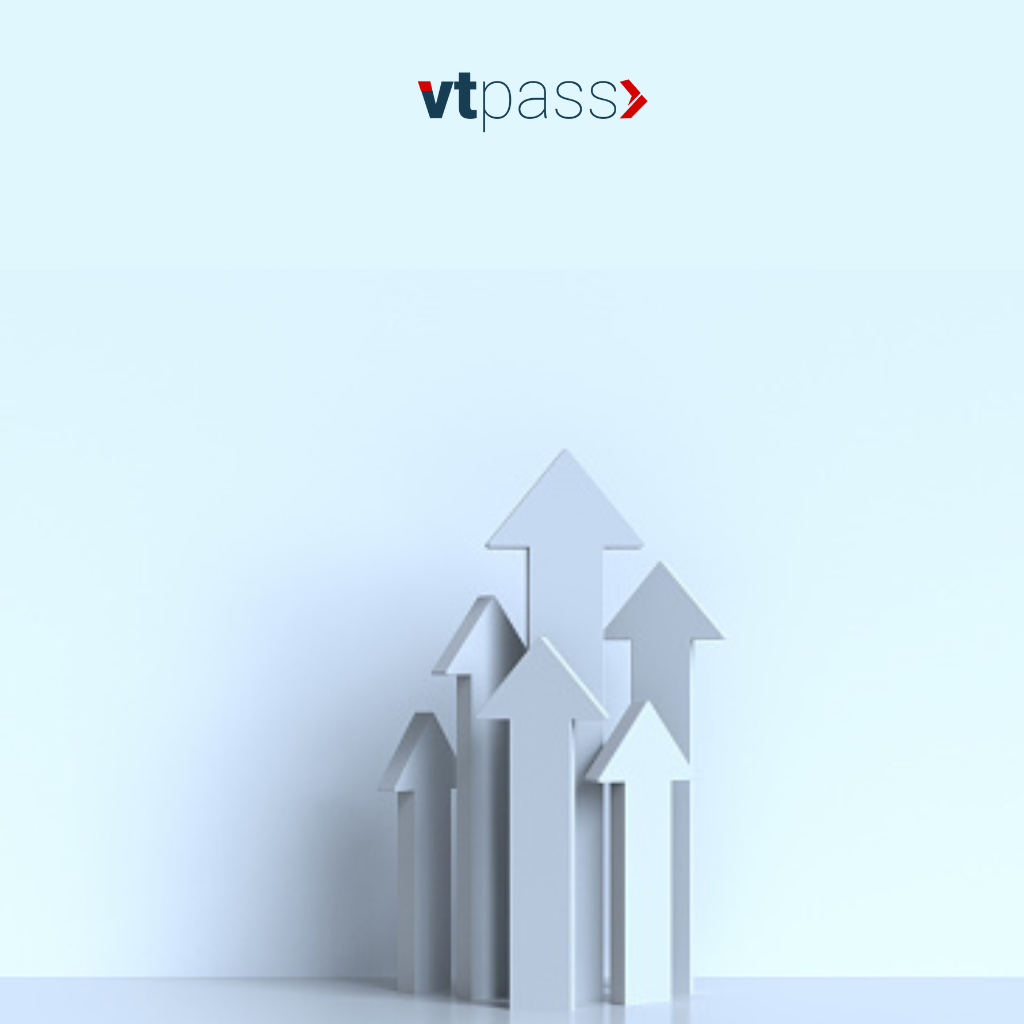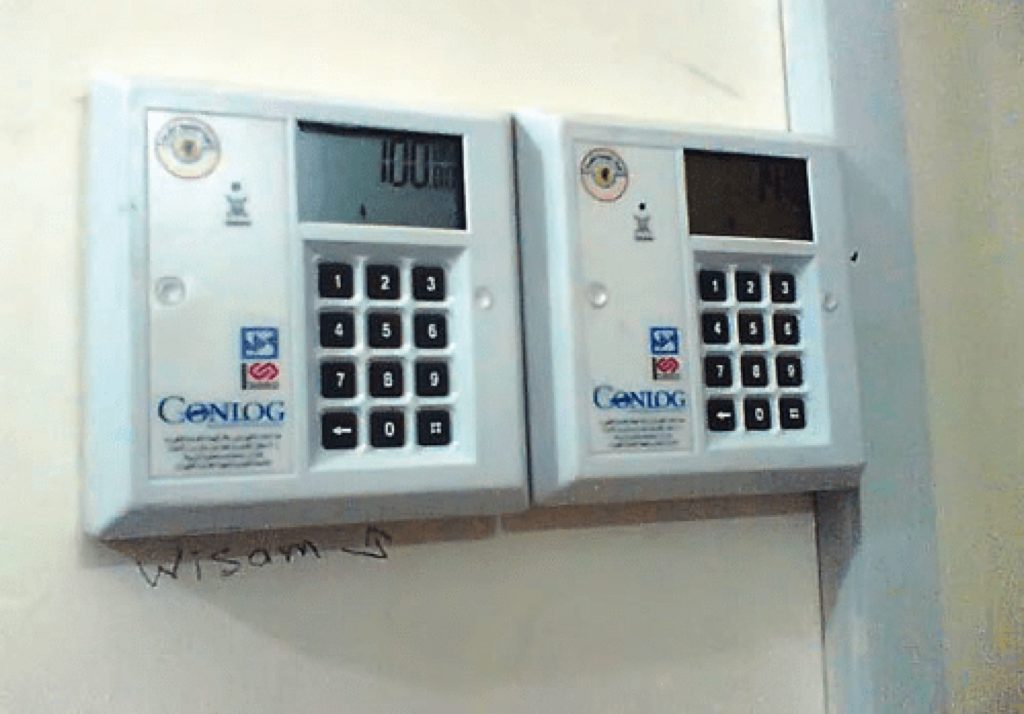Earning a salary isn’t enough in your journey to financial freedom. Every project needs a plan; your financial goals also needs a concrete plan. If you want to fully realise your vision for your financial plan, you need to map out a plan to make that happen. This includes setting goals that identify and establishes your priorities.

In order to achieve financial independence, earning a salary isn’t enough. Every endeavor necessitates a strategy, and your financial plan is no exception. If you want to completely fulfill your financial goals, you’ll need to create a plan to get there. Setting goals that identify and establish your priorities is part of this process. After payday, it’s common for people to need to settle their bills. But how often have you sat down to thoroughly predict your future earnings long-term?
You have to set some financial goals if you want to take charge of your money and live a more financially secure life. Not only setting these goals, but you also have to put in measures to achieve them. Financial goals assist you in making sound financial decisions, directing your spending, and reducing resource waste.
Your financial objectives may be short-term, ranging from one month to two years; they are targets that you can reach in a short period of time. Long-term objectives are similar to short-term objectives in that they require 5 to 20 years to attain. They are the most important goals for you, and they will take the most time and commitment to achieve.
5 STEPS TO ACHIEVING YOUR FINANCIAL GOALS
- Write it down:
As Michael Korda wrote, ‘write it down. Written goals have a way of transforming wishes into wants; can’t into can, dreams into plans; and plans into reality. Don’t just think it- ink it’.
You may have wished to save more money at the end of the year, but writing it down just adds another dynamic to your wish. Be specific with the details and action. If you want to have N1, 000,000 in savings at the end of the year. Be specific about your targets, and include the sub-metrics necessary for achieving that goal.
Putting your goals in writing causes you to be more focused and clearer. Those goals become tangible, and you also have a visual cue of them in your head. The first step to achieving any goal in life is to write it down.
YOUR Goals must be SMART:
Your goals also have to be SMART; Instead of saying ‘I want to have plenty of money in my savings at the end of the year, write instead í will have saved N15,000,000 before 31st of December, 2022 by saving N2,000,000 every month through the end of the year’. The difference between the two statements is that the latter is SMART, while the former is not. The latter one is time-framed; there is a specific date that the goal must be attained, it is specific; the total amount to be saved each month, and also the total amount that must have been saved before the time was also stated. Likewise, your financial plan should be specific, measurable, attainable, relevant, and time-bound.
Develop healthy financial habits:
As Jim Rohn wrote, ‘motivation is what gets you started, habit is what keeps you going.’ It is therefore important that you create habits that help you consistently stick to your financial goals. Unhealthy habits can throw you off course. So the only way to remain true to your financial project is to develop habits that align with your target. Some of the financial habits that you can adopt may include:
- To guide your spending, make a daily or monthly budget and stick to it.
- Distinguish between wants and needs, and prioritise them.
- Engage in more productive financial conversations with people around you.
- Reinforce your financial mindset by changing how you think about money.
- Eat fewer junks and cook more.
Most importantly, bills payment cannot be neglected in your budgeting and financial goals, Vtpass offers you a convenient and affordable means of paying cable subscription, electricity bills, insurance and educational payment.
Bye!

